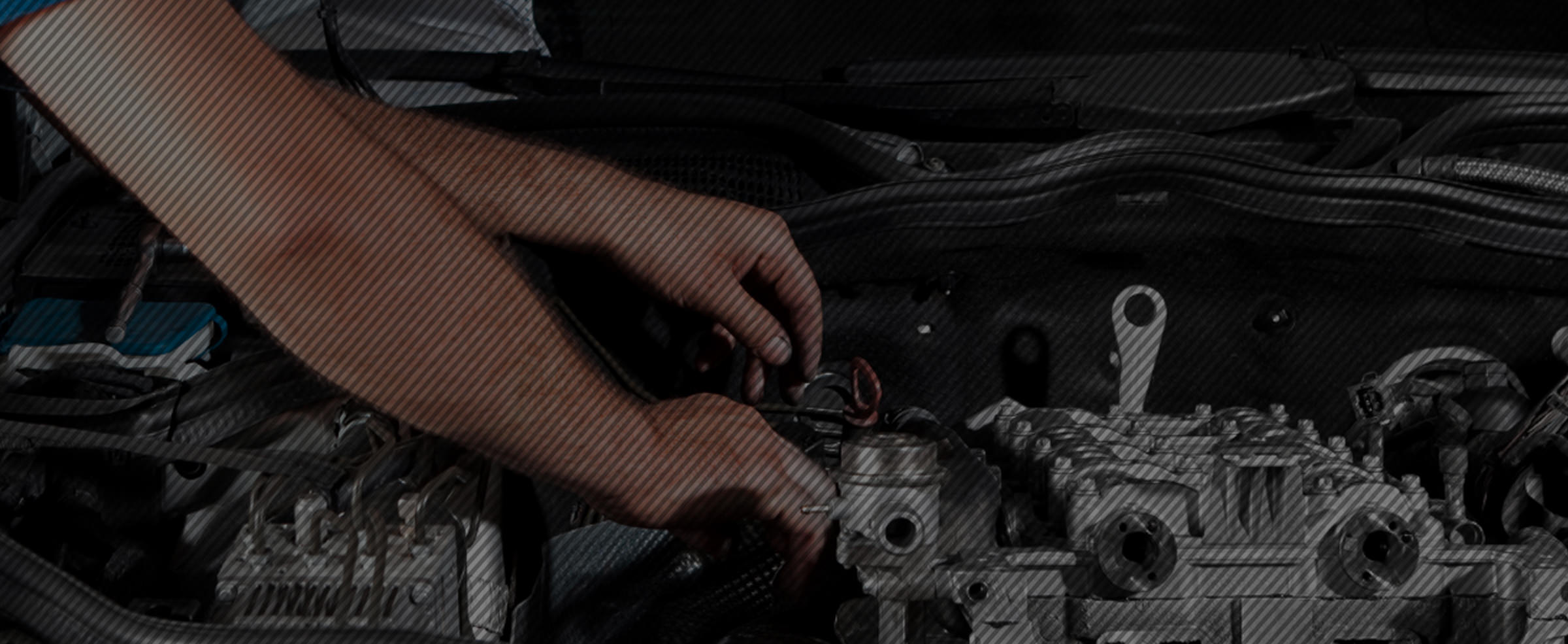The transmission is so essential to a car that without it, your vehicle will not drive. You must have a working transmission. Therefore, being able to recognize the signs that your transmission is about to fail is critical.
Don’t worry. You do not have to be a professional mechanic to recognize the common signs of a failing transmission. This article will give you all the information you need to keep your vehicle’s transmission in good working order.
What is a Transmission?
Before discussing the signs of a failing transmission, you should understand what a transmission is and why it is so important.
The transmission’s primary function is to transmit power generated by the engine to the wheels. You need the transmission for the car to move and to transition between various speeds. The transmission performs these functions by regulating the torque and rotational speed of the engine output to match the driving conditions.
There are two main types of transmissions: manual and automatic.
- Manual: Manual transmissions require the driver to select and engage the gears. You typically use a clutch pedal and the gearshift to put the car into the correct gear. Manual transmissions were developed first and give the driver a lot more control over the vehicle’s performance. However, they tend to be harder for modern drivers.
- Automatic: Automatic transmissions are the more common transmission type today. The car takes care of changing the gears. It uses a hydraulic torque converter and a complex arrangement of planetary gears to automatically adjust the gear ratios based on driving conditions. Automatic transmission vehicles are easier for most users to drive, but they offer the driver less control over performance.
Common Signs of a Failing Transmission
No matter what type of transmission your vehicle has, it can fail. Failing transmissions are a big problem and should be seen by a professional mechanic immediately. If you do not address the issue promptly, it could end up being extremely expensive to solve or even cause other issues with your vehicle.
Clearly, recognizing the common signs of a failing transmission is crucial for proactive maintenance. Here are a few key indicators that your transmission may be experiencing problems.
- Slipping gears:
If you experience the transmission slipping out of gear or struggling to stay in gear, it may be a sign of failure. You will know that the car is struggling to stay in gear because it will experience a sudden loss of power, a high-pitched whining noise, or a noticeable RPM increase without a corresponding increase in speed. - Delayed shifting:
Similarly, if your transmission does not shift into a new gear smoothly, it has some problems. This sign is more noticeable on automatic vehicles. However, a stuck gearshift on a manual transmission car also indicates a big problem. - Unusual noises:
There should never be strange noises coming from the transmission area, such as whining, clunking, or grinding. These can be indicative of internal issues. - Fluid leaks:
As with other vehicle components, you do not want to see fluid underneath your vehicle. If you notice red or brownish fluid beneath your vehicle, it could be a sign of a transmission fluid leak. Low fluid levels can lead to overheating and increased wear on the transmission. - Burning smell:
A burnt smell can indicate a problem with the transmission, especially if your fluid levels are low. - Warning lights:
Most modern vehicles will have onboard diagnostics systems that monitor various components, including the transmission. If the transmission is experiencing issues, it may trigger the check engine light or a specific transmission-related warning light. If you notice these lights lit up on your dashboard, you should take your vehicle to the mechanic immediately. - Difficulty in engaging or disengaging gears:
If you find it challenging to shift your vehicle into gear or if the gearshift feels unusually stiff or loose, it could indicate a problem with the transmission linkage or clutch. - Vehicle vibration or shaking:
Excessive vibration or shaking while driving, especially at certain speeds, can be a sign of transmission problems.
What To Do If You Notice the Signs of a Failing Transmission?
Now that you know the signs of a failing transmission, we should end by telling you what to do about them.
Most importantly, if you notice the signs of a failing transmission, you should always take your vehicle to a professional mechanic. For people in the Cache Valley and Southeastern Idaho, that mechanic should be Ethan’s Honest Automotive.
At Ethan’s Honest Automotive, we provide the best service for all vehicles, no matter the age, make, or model. Our mechanics even work on foreign and domestic cars. Transmission issues are too important to let fester. Bring your vehicle to Ethan’s Honest Automotive today, and we will help diagnose the problem and provide the best solution for the situation.
We may recommend some or all of the following services.
- Transmission fluid change or flush: Part of the regular maintenance of your vehicle should include changing or flushing the transmission fluid. You should have a mechanic do this task every 30,000-60,000 miles for manuals or 60,000-100,000 miles for automatics.
- Seal replacement: A transmission has a lot of seals to prevent fluid leaks. If your transmission is failing because of a leak, it likely needs a seal replaced.
- Clutch replacement for manual transmissions: In manual transmissions, the clutch is essential. Without it, the transmission will not work correctly, which is why it is one of the first things we check when diagnosing transmission issues on manual vehicles.
- Valve body replacement: The valve body is a complex assembly within the transmission that controls the flow of transmission fluid and regulates gear shifts in automatic transmissions. If the valve body malfunctions, it may need to be replaced.
- Full transmission rebuild: Finally, if the transmission has sustained a lot of damage, it may need to be completely rebuilt. This process is very time-consuming and expensive, so we will not recommend it unless it is absolutely necessary.
If you notice any signs of a transmission failure, do not hesitate. Contact Ethan’s Honest Automotive in Logan, UT, today.




